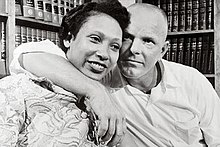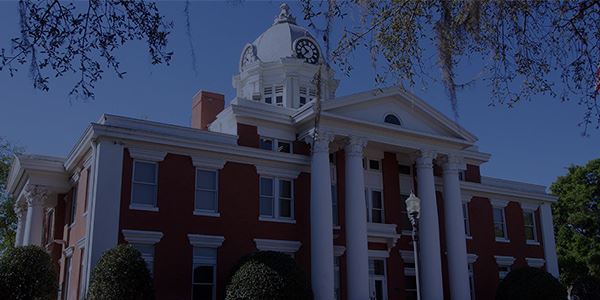It was May of 1973 when I had completed my US Constitutional Law studies. It occurred to me then, that the US Constitution protects the rights for same-sex marriage.
Our class had spent the majority of time studying the Supreme Court's decisions that involved the Equal Protection clause of the Fourteenth Amendment to the US Constitution. That clause reads:
All persons born or naturalized in the United States, and subject to the jurisdiction thereof, are citizens of the United States and of the State wherein they reside. No State shall make or enforce any law which shall abridge the privileges or immunities of citizens of the United States; nor shall any State deprive any person of life, liberty, or property, without due process of law; nor deny to any person within its jurisdiction the equal protection of the laws.
Simply stated, a series of US Supreme Court decisions of this clause prohibits states from passing laws that discriminate against individuals based on race, religion, gender, age, and national origin unless there is a compelling state interest that justifies the discrimination.
Now the US Supreme Court has the opportunity to determine that there is no compelling state interest in keeping LGBT individuals from marrying one another. Two cases are being decided by the Court. One case is a challenge to Proposition 8, a California constitutional amendment which prohibits same-sex marriage, and the second, the Defense of Marriage Act, which denies all federal benefits to same-sex couples.
What is the compelling state interest that is used to defend these bans on same-sex marriage?
The defense of the sanctity of the institution of marriage and the upholding of religious and societal norms.
Those same arguments were used to defend the ban on interracial marriage at the time of the Court's landmark decision in Loving vs. Virginia in 1967.
Richard Loving, a white man had married Mildred, an African-American woman. This violated the anti-miscegenation laws banning interracial marriage in the State of Virginia. He was criminally convicted and sentenced to one year in prison.
Chief Justice Earl Warren, in writing the opinion of the Court in the Loving case held:
| “ | Marriage is one of the “basic civil rights of man,” fundamental to our very existence and survival.... To deny this fundamental freedom on so unsupportable a basis as the racial classifications embodied in these statutes, classifications so directly subversive of the principle of equality at the heart of the Fourteenth Amendment, is surely to deprive all the State's citizens of liberty without due process of law. The Fourteenth Amendment requires that the freedom of choice to marry not be restricted by invidious racial discrimination. Under our Constitution, the freedom to marry, or not marry, a person of another race resides with the individual and cannot be infringed by the State. |
The US Supreme Court has the opportunity to once again determine that marriage is one of the basic civil rights of man, fundamental to our very existence and survival and to deny that freedom on the basis of gender classification would be so directly subversive of the principle of equality at the heart of the Fourteenth Amendment.
Regardless of religious convictions or societal views, our LGBT sons and daughters, brothers and sisters deserve this fundamental right under the law.







